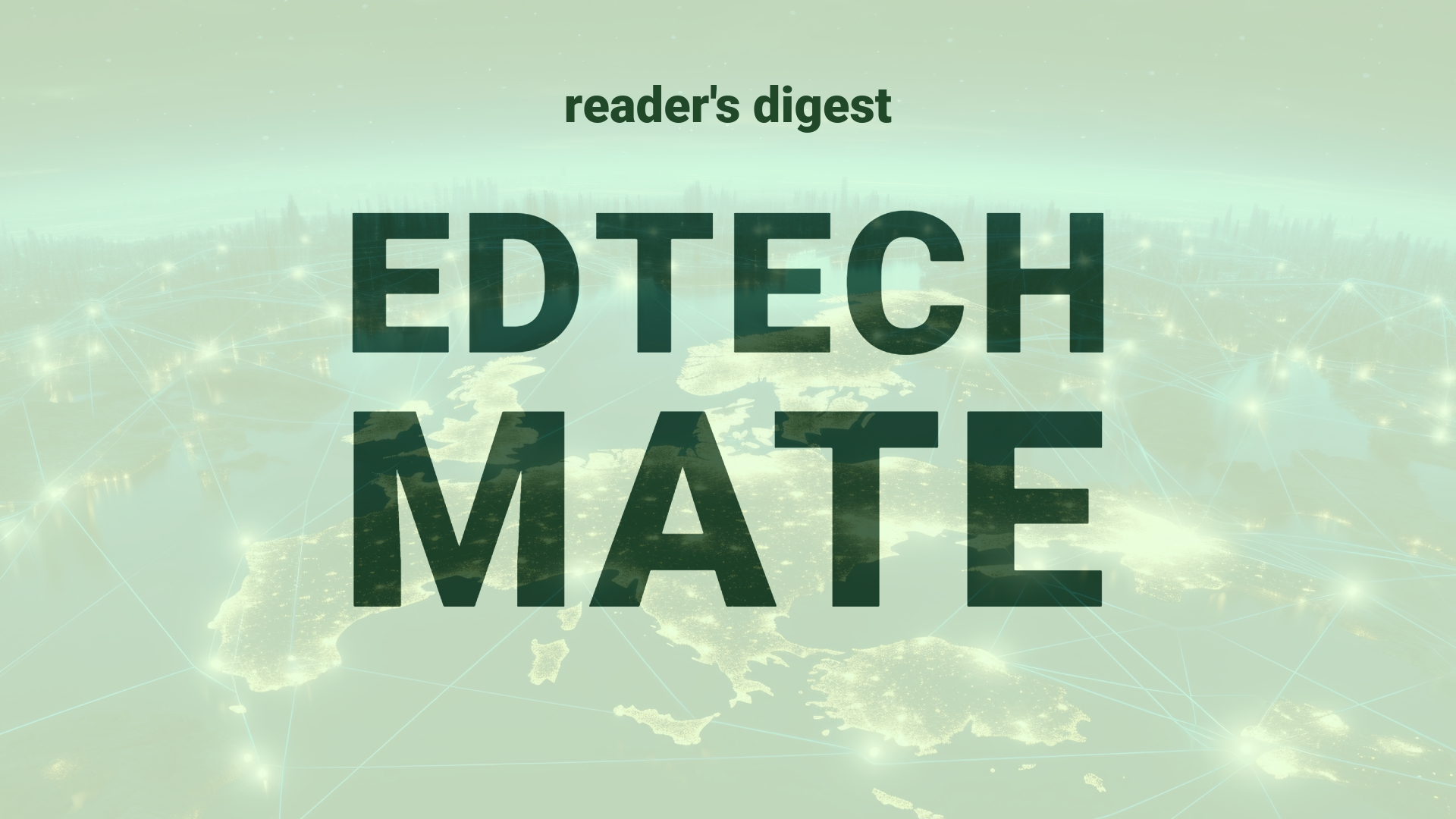Executive Summary and Main Points
The European Union has instigated a significant investigation into Meta, the parent company of Facebook, concerning potential non-compliance with the bloc’s stringent Digital Services Act (DSA) focused on online child safety. The inquiry arises from a preliminary analysis of a risk assessment report submitted by Meta in September 2023. Issues highlighted include the stimulation of behavioral addictions in children, potential “rabbit-hole effects,” inadequate age verifications, and privacy concerns related to recommendation algorithms. Meta faces scrutiny amid broader EU efforts to regulate tech giants and content moderation, with prior probes into election disinformation and content management also mentioned.
Potential Impact in the Education Sector
This regulatory action could herald significant changes in the way social media platforms are used within the scope of Further and Higher Education. The emphasis on child protection and online safety is poised to shape digital pedagogical strategies and tools, potentially affecting engagement with social platforms for learning and student recruitment. It also underscores the need for vigilance in digital platforms offering Micro-credentials, ensuring ethical use and protection of minors. These developments indicate a shift towards a more regulated digital learning environment where strategic partnerships must prioritize compliance with international regulatory standards for digital safety.
Potential Applicability in the Education Sector
The ongoing scrutiny into Meta’s operations suggests an opportunity for the education sector to leverage AI and other digital technologies to enhance online child protection mechanisms. Educational platforms could adopt algorithmic solutions that prioritize user safety, emphasize ethical AI use in content recommendation and curation, and foster digital literacy and citizenship among youth. Recognizing the global nature of digital education systems, these adaptations would support international compliances and safeguard the diverse student community from undue online risks.
Criticism and Potential Shortfalls
While the EU’s stringent regulatory approach is commendable for its focus on child safety, there is a risk of stifling innovation and imposing one-size-fits-all solutions that may not be culturally adaptable across different educational contexts. There is also the ethical quandary of balancing child protection with privacy rights and freedom of expression. Additionally, the reliance on self-regulatory risk assessments by platforms like Meta could fall short in impartially addressing the depth of safety issues. Comparative international case studies, including different regulatory models and their effects on tech giants’ operations, will provide further insights into devising optimal child protection strategies within the digital space.
Actionable Recommendations
International education leaders should proactively integrate compliance with child online safety regulations in their digital strategies. Actions include undertaking regular independent audits of digital tools used in education, developing robust age-verification processes, and implementing AI systems that can detect and mitigate harmful content effectively. Further, there should be an investment in digital citizenship programs to educate students on safe online behaviors. Partnerships with tech companies should be fortified by mutual commitments to adhere to evolving regulations like the DSA, ensuring both innovation and safety within global higher education environments.
Source article: https://www.cnbc.com/2024/05/16/meta-slapped-with-formal-eu-probe-over-child-safety-risks.html

